
The Singer: A Montford Point Marine(2023)
A resilient American endures racial discrimination and physical abuse at Camp Montford Point, emerging as one of the first African American Marines. His powerful voice, reminiscent of Sinatra, inspires hope and resilience after leaving the Corps.
“The Singer: A Montford Point Marine” tells the story of Henry Charles Johnson, one of the first African Americans in the U.S. Marine Corps and a professional crooner. Lured by the dignified Marine uniform and the allure of the G.I. Bill, he's abruptly thrown into the bare, segregated world of Camp Montford Point, a far cry from the lush expansiveness of Camp Lejeune he'd imagined. The harsh realities of Southern segregation strike a jarring contrast to his accustomed diversity of Manhattan, escalating further with hostility from drill instructors. Undeterred, his resolve is galvanized by the dream of donning the Marine uniform and the prospects following discharge. Post-discharge, Johnson immerses himself in New York's music scene, enchanting audiences with his soulful, Sinatra-esque timbre. This riveting narrative portrays the unmatched fortitude of the Montford Point Marines, representing a crucial African-American, American, and globally relevant human experience.
Movie: The Singer: A Montford Point Marine
Top 2 Billed Cast
Herny Johnson
Brenda Threatt

The Singer: A Montford Point Marine
HomePage
Overview
“The Singer: A Montford Point Marine” tells the story of Henry Charles Johnson, one of the first African Americans in the U.S. Marine Corps and a professional crooner. Lured by the dignified Marine uniform and the allure of the G.I. Bill, he's abruptly thrown into the bare, segregated world of Camp Montford Point, a far cry from the lush expansiveness of Camp Lejeune he'd imagined. The harsh realities of Southern segregation strike a jarring contrast to his accustomed diversity of Manhattan, escalating further with hostility from drill instructors. Undeterred, his resolve is galvanized by the dream of donning the Marine uniform and the prospects following discharge. Post-discharge, Johnson immerses himself in New York's music scene, enchanting audiences with his soulful, Sinatra-esque timbre. This riveting narrative portrays the unmatched fortitude of the Montford Point Marines, representing a crucial African-American, American, and globally relevant human experience.
Release Date
2023-07-01
Average
0
Rating:
0.0 startsTagline
A resilient American endures racial discrimination and physical abuse at Camp Montford Point, emerging as one of the first African American Marines. His powerful voice, reminiscent of Sinatra, inspires hope and resilience after leaving the Corps.
Genres
Languages:
EnglishKeywords
Similar Movies
 6.5
6.5Bruce Springsteen, le chanteur qui murmurait à l'oreille de l'Amérique(fr)
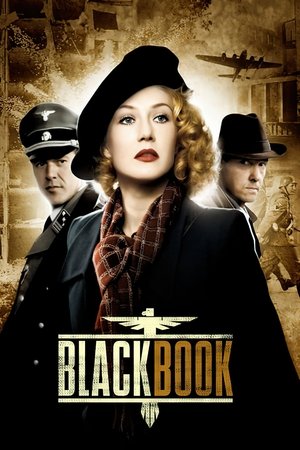 7.4
7.4Black Book(nl)
In the Nazi-occupied Netherlands during World War II, a Jewish singer infiltrates the regional Gestapo headquarters for the Dutch resistance.
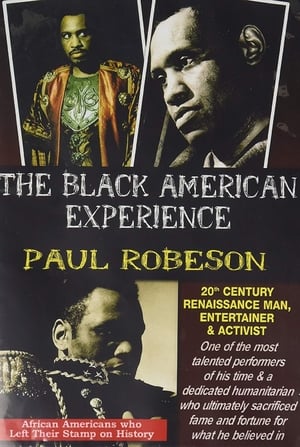 0.0
0.0Paul Robeson: 20th Century Renaissance Man, Entertainer & Activist(en)
Paul Robeson was a celebrated African-American Actor, Athlete, Singer, Writer, and Civil Rights Activist. Robeson's many achievements are chronicled in this program, ranging from playing with the NFL to graduating from Columbia Law School, performing on Broadway and in Hollywood films to founding the American Crusade against Lynching as well as Council on African Affairs. Robeson was one of the most talented performers of his time and a dedicated humanitarian who ultimately sacrificed fame and fortune for what he believed in. His association with Leftist Politics during the era of the Cold War, and frequent denouncing of American political parties led to his eventual blacklisting with other prominent writers and artists during the McCarthy Era. His talents in all areas are remarkable, and his dedication to attaining a peaceful coexistence between all the people of the world is truly admirable.
 5.8
5.8The Last Season(en)
In search of the lucrative matsutake mushroom, two former soldiers discover the means to gradually heal their wounds of war. Roger, a self-described 'fall-down drunk' and sniper in Vietnam, and Kouy, a Cambodian refugee who fought the Khmer Rouge, bonded in the bustling tent-city known as Mushroom Camp, which pops up each autumn in the Oregon woods. Their friendship became an adoptive family; according to a Cambodian custom, if you lose your family like Kouy, you must rebuilt it anew. Now, however, this new family could be lost. Roger's health is declining and trauma flashbacks rack his mind; Kouy gently aids his family before the snow falls and the hunting season ends, signaling his time to leave.
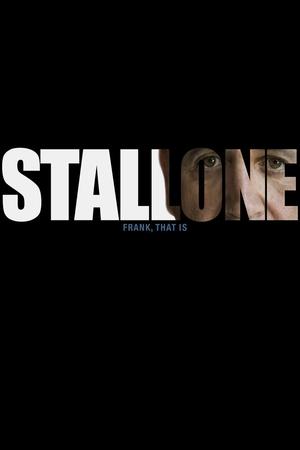 5.9
5.9Stallone: Frank, That Is(en)
An inside look into the fascinating life, career and survival of the most unknown famous entertainer in Hollywood.
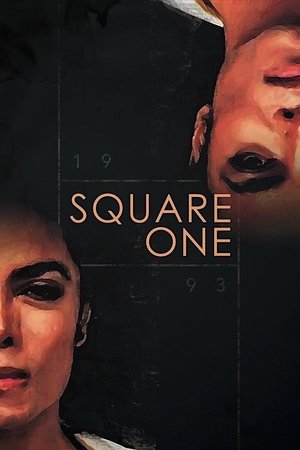 8.6
8.6Square One(en)
An investigation into the original 1993 Michael Jackson allegations brought by the Chandler family.
 0.0
0.0Carson Bigbee: The Pirate of America's Pastime(en)
In a time when America was on the brink of modernization, Carson "Skeeter" Bigbee emerged from rural Oregon to become an embodiment of national transformation. Born to working parents in 1895, Bigbee’s life as a multi-sport athlete, a baseball star with the Pittsburgh Pirates, a World War I enlistee, and a World Series hero, intersected with America's Progressive Era, the electrification of society, the First World War, and the onset of the Great Depression. His story, from hitting the decisive run in the 1925 World Series to managing in the American Girls Professional Baseball League, is a poignant reflection of ambition, patriotism, and the resilient spirit of an ever-changing nation in the early 20th Century.
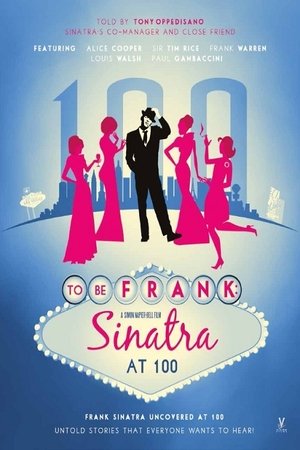 7.0
7.0To Be Frank: Sinatra at 100(en)
The life of Frank Sinatra, as an actor and singer and the steps along the way that led him to become such an icon.
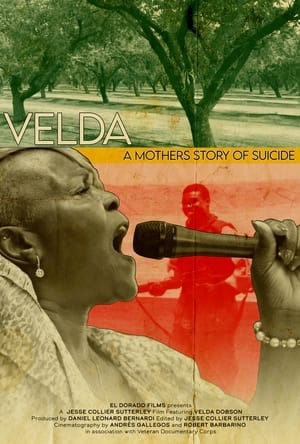 0.0
0.0Velda: A Mom's Story of Suicide(en)
In the poignant and thought-provoking short film, a distressed mother, Velda, takes center stage as she recounts the tragic tale of her son, Michael, who battles inner demons after being sent to war. As she navigates through the gut-wrenching chronology of his enlistment on the eve of 9/11, his traumatizing experiences in combat, and his futile attempts at readjustment after returning home, the narrative unravels to reveal the silent and insidious toll of war on the mental health of soldiers. Compelled by her son's devastating suicide, Velda transforms her grief into a call for action, articulating her concerns about the military's approach to mental health issues in a letter to the president. This heart-rending short film underscores the often overlooked consequences of war, giving voice to those left in its devastating wake.
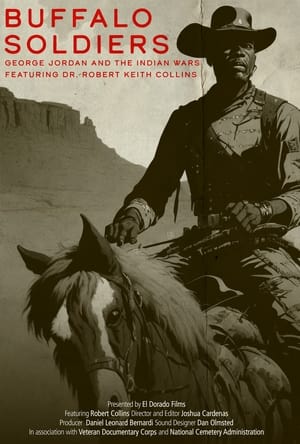 0.0
0.0Buffalo Soldiers: George Jordan and the Indian Wars(en)
“Buffalo Soldiers: George Jordan and the Indian Wars” is a poignant examination of the marginalized history of the Buffalo Soldiers - African American servicemen who bravely served in numerous conflicts only to face scorn, ridicule, and suppression of their stories back home. The film's epicenter is George Jordan, a formerly enslaved man turned soldier whose exemplary courage in battles etches a stark contrast against his forgotten legacy. Juxtaposing the resistance of Apache Chiefs and braves with Jordan's unwavering will to protect his comrades and white settlers, the narrative challenges us to reconcile often overlooked aspects of the formation of the West. With a stark reminder of Jordan’s decline due to his heroic yet under-acknowledged efforts and the refusal of the Army to provide him with care, the film crescendos into a plea for recognition of the Buffalo Soldiers, ultimately asking what we can give to make our country better.
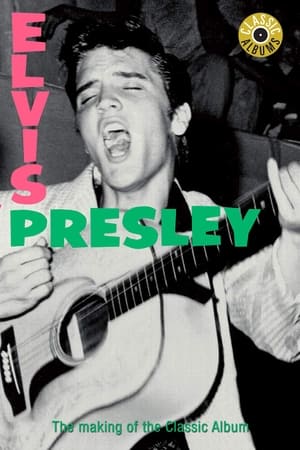 6.9
6.9Classic Albums: Elvis Presley(en)
The story behind Elvis's first album features performances from 1955 and '56, interviews with the King and rare home movies of him at play and work.
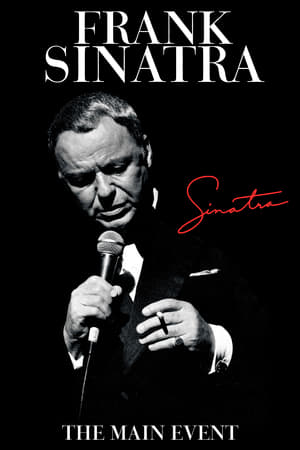 6.7
6.7Frank Sinatra: The Main Event(en)
Charged with the electricity of a heavyweight prizefight, " The Main Event " was filmed live at Madison Square Garden, a venue usually reserved for sporting events and rock 'n' roll concerts. Sinatrra dazzies the crowd with contemporay numbers as " You are the Sunshine of My Life ", " Let Me Try Again " and delivers the knockout blow with signature tunes " My Kind of Town " and " My Way ".
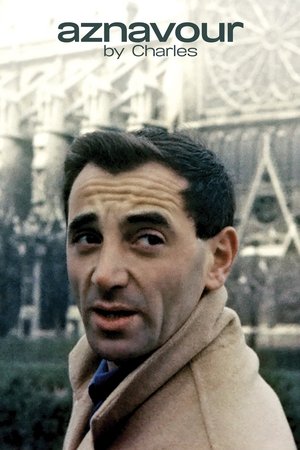 6.9
6.9Aznavour by Charles(fr)
In 1948, French singer Charles Aznavour (1924-2018) receives a Paillard Bolex, his first camera. Until 1982, he will shoot hours of footage, his filmed diary. Wherever he goes, he carries his camera with him. He films his life and lives as he films: places, moments, friends, loves, misfortunes.
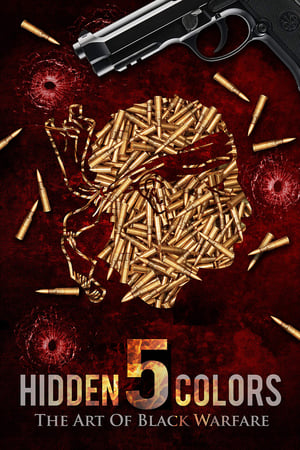 6.3
6.3Hidden Colors 5: The Art of Black Warfare(en)
The history of warfare as it relates to global Black society, broken down into 7 chapters that examines the ways the system of racism wages warfare from a historical, psychological, sexual, biological, health, educational, and military perspective.
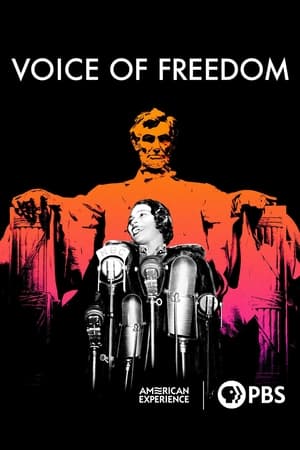 0.0
0.0Voice of Freedom(en)
On Easter Sunday, 1939, contralto Marian Anderson stepped up to a microphone in front of the Lincoln Memorial. Inscribed on the walls of the monument behind her were the words “all men are created equal.” Barred from performing in Constitution Hall because of her race, Anderson would sing for the American people in the open air. Hailed as a voice that “comes around once in a hundred years” by maestros in Europe and widely celebrated by both white and black audiences at home, her fame hadn’t been enough to spare her from the indignities and outright violence of racism and segregation.
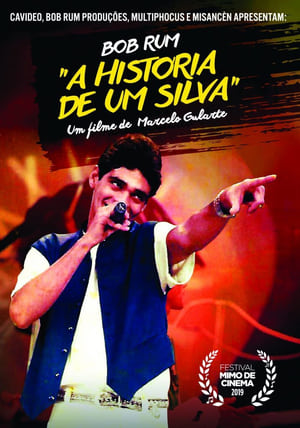 7.8
7.8A História de Um Silva(pt)
Life and career story of MC Bob Rum, author and singer of "rap do Silva", one of the greatest funk classics during the 1990s.
TYSON(en)
Mike Tyson escaped a life of poverty and petty crime to make a name for himself, becoming the youngest Heavyweight Champion of the World and a household name—but his rise was followed by a very public fall. In this remarkably candid portrait, the boxer addresses his controversial past, including the rape charge that sent him to prison and his struggles with substance abuse, while also detailing his ultimate recovery and comeback.
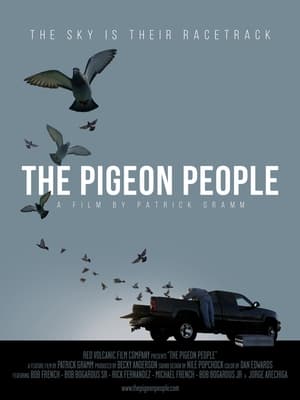 10.0
10.0The Pigeon People(en)
Directed by Patrick Gramm, 'The Pigeon People' (2023) takes you deep into Arizona's underground pigeon racing scene as racing rivals prepare for and compete in the Grand Canyon Classic - a 350-mile pigeon race from Utah to Arizona that crosses over the Grand Canyon.
 0.0
0.0Le regard de Georges Brassens(fr)
An atypical portrait of singer, songwriter, poet Georges Brassens.
